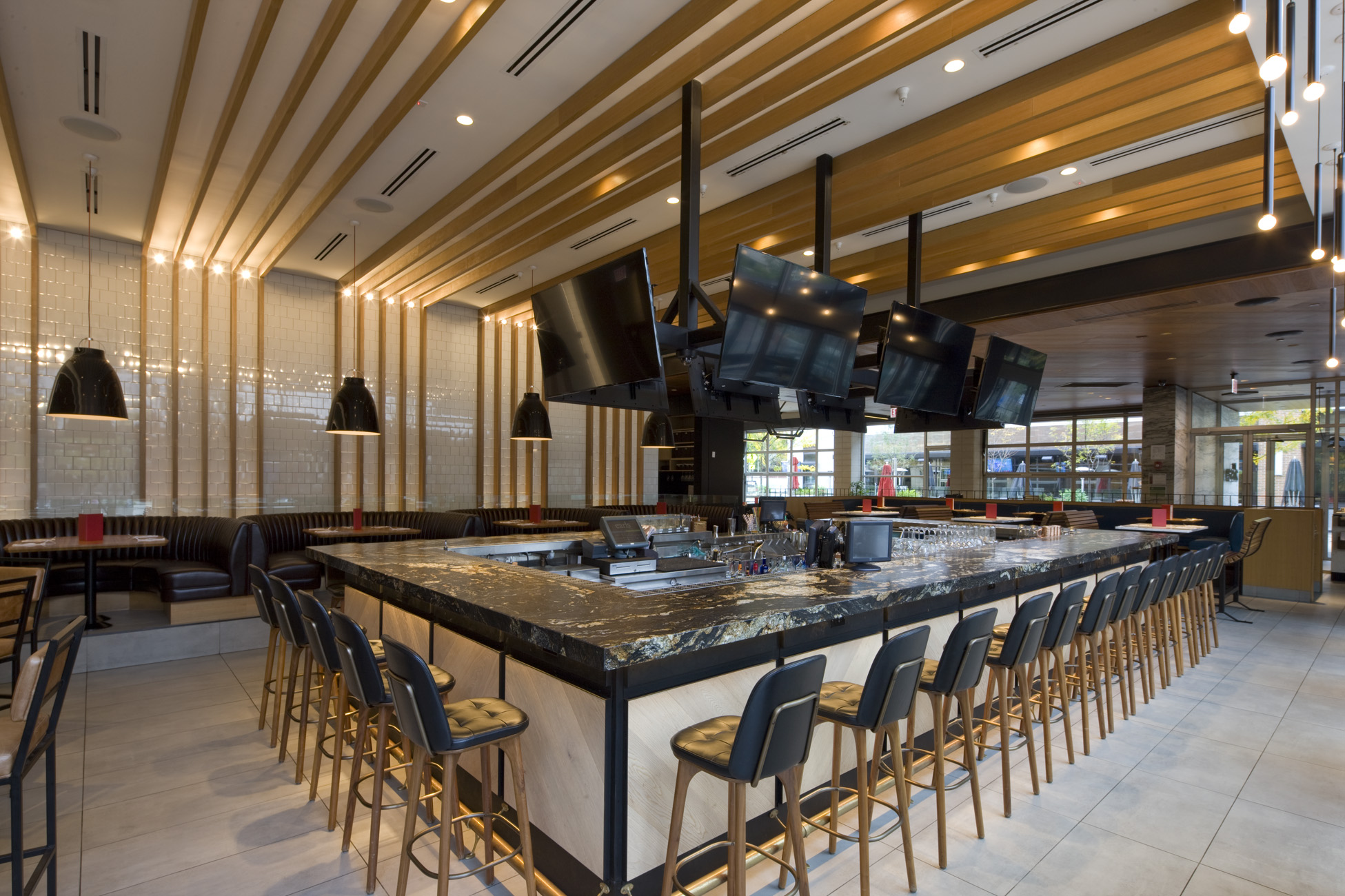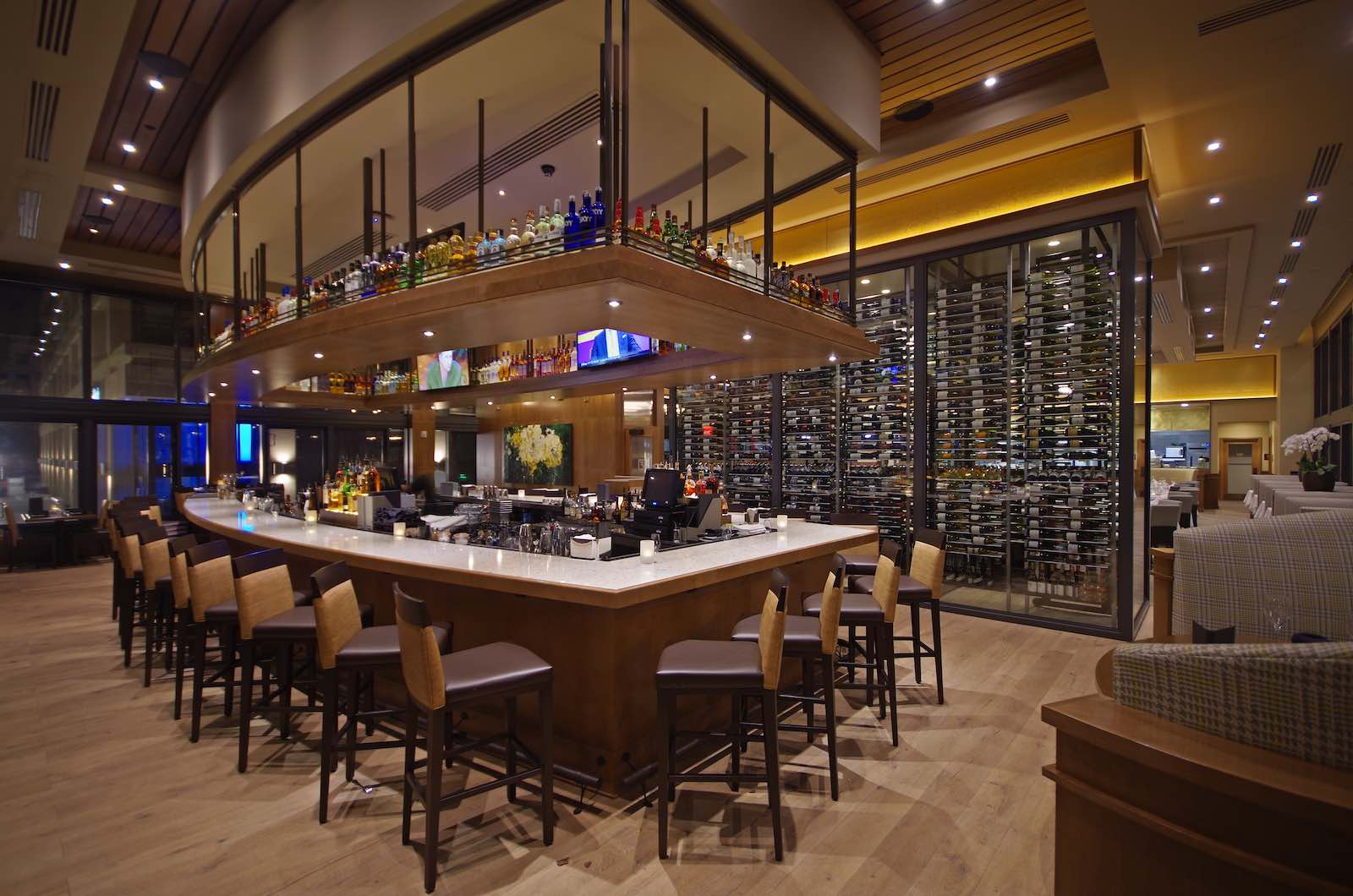Commercial Construction Project Management: Managing What You Don’t Control
I wouldn’t go so far as to call myself a control freak, but as a national general contractor, it’s part of the job description to be the one calling the shots and telling everyone what to do on a complex commercial construction project. However, from time to time, we have to manage things that are out of our direct control – particularly when a project specifies owner furnished items (OFIs) or an owner vendor.
In plain terms, an OFI is something the client or end-user of a space provides, but asks us to install or plan for as part of the commericial construction process. It could be installing specialty equipment in a commercial kitchen, utilizing pre-ordered materials such as flooring and millwork, or providing electrical hookup for a sign or security system. One recent project we bid even had the pre-fabricated steel structure of a building as an OFI. Similarly, an owner vendor is a specialty contractor or mechanical trade a client hires directly, rather than including it in the general contractor’s scope of work.
For some of our clients, OFIs and owner vendors make good sense. For example, if a restaurant or retail development client knows they will be doing similar work in 10 or 20 locations, there’s potential to realize savings by securing and pre-ordering construction materials such as flooring or lighting for all those projects at the same time. Plus, they will realize a potential savings on the mark-up a subcontractor would add for ordering and handling those materials. OFIs are also a tool for clients that want to ensure the exact same finishes across multiple locations.

Likewise, clients with the capacity to take on the management of certain aspects of their construction projects sometimes use owner vendors as a way to save costs. It’s not unusual for clients to want to coordinate directly with a vendor they have an existing relationship with – particularly if the client has specific requirements the vendor is already familiar with, such as cabling and equipment for an existing system.
As a national commercial contractor accustomed to managing lots of moving parts for projects across the country, we pride ourselves on our flexibility in handling OFIs and coordinating with owner vendors. However, before owners decide to take on certain elements of a construction project themselves, they should keep a few considerations in mind:
- Who will manage the process?: Whether it’s procuring, ordering and scheduling construction materials or overseeing logistics with a preferred vendor, someone on the client’s team has to run point – and that usually means having someone on payroll. Weigh that potential expense, or the ability of existing staff to handle the additional work load, against the possible cost savings and other benefits of OFIs and owner vendors to ensure they are worth the effort.
- Keep timelines in mind: Before committing to furnishing certain items or materials, understand the importance of having them available when and where they are needed in the GC’s overall construction project timeline. We have had OFIs hold up projects for weeks because they didn’t arrive on schedule. Communicate with your contractor clearly about timing at the start of the project, and be ready to come up with a plan B – or, be prepared for delays or additional costs – if your OFI does not arrive on time.
- Plan for shipping and storage: When a subcontractor provides material or equipment, they factor shipping, storage, handling and delivery to the job site into the final price. Owners should do the same if they plan to furnish materials, otherwise they may run up against unanticipated costs. Worse yet, they could end up with a truckload of material or equipment delivered to an active job site that does not have space for storage, ultimately interfering with work that needs to take place for the project to stay on schedule. Make sure to communicate with your contractor about whether the project site can handle deliveries, or if off-site storage needs to be used until materials are needed. And in an urban market, there may be restrictions on when deliveries can take place, so that also needs to be carefully coordinated when using OFIs.
- Ensure owner vendors are team players: When working with an owner vendor, the challenge for the GC is we are managing something we don’t control. The owner vendor isn’t under contract with us, so there could be a question of who they answer to. For example, issues can arise if the owner vendor doesn’t want to work within our planned construction timeline sequence, which lays out a logical order in for different installations. We may have planned for the owner vendor to perform an install at a certain time, but if they opt not to follow our sequence, it can impede the entire construction process. While this is the exception rather than the rule, and many owner vendors are terrific professionals to work with, clients should lay upfront groundwork with their owner vendors as to expectations for conforming to the GC’s timeline.
Bottom line, an experienced commerical construction contractor is able to seamlessly handle OFIs and owner vendor request. But to make the project a success, owners should also understand how these items fit into the overall construction process – and be prepared to hold up their end of the deal.
Tel: 847-233-9200 x712
Questions? Comments?
You can reach me at CTaylor@eci.build
www.EnglewoodConstruction.com




